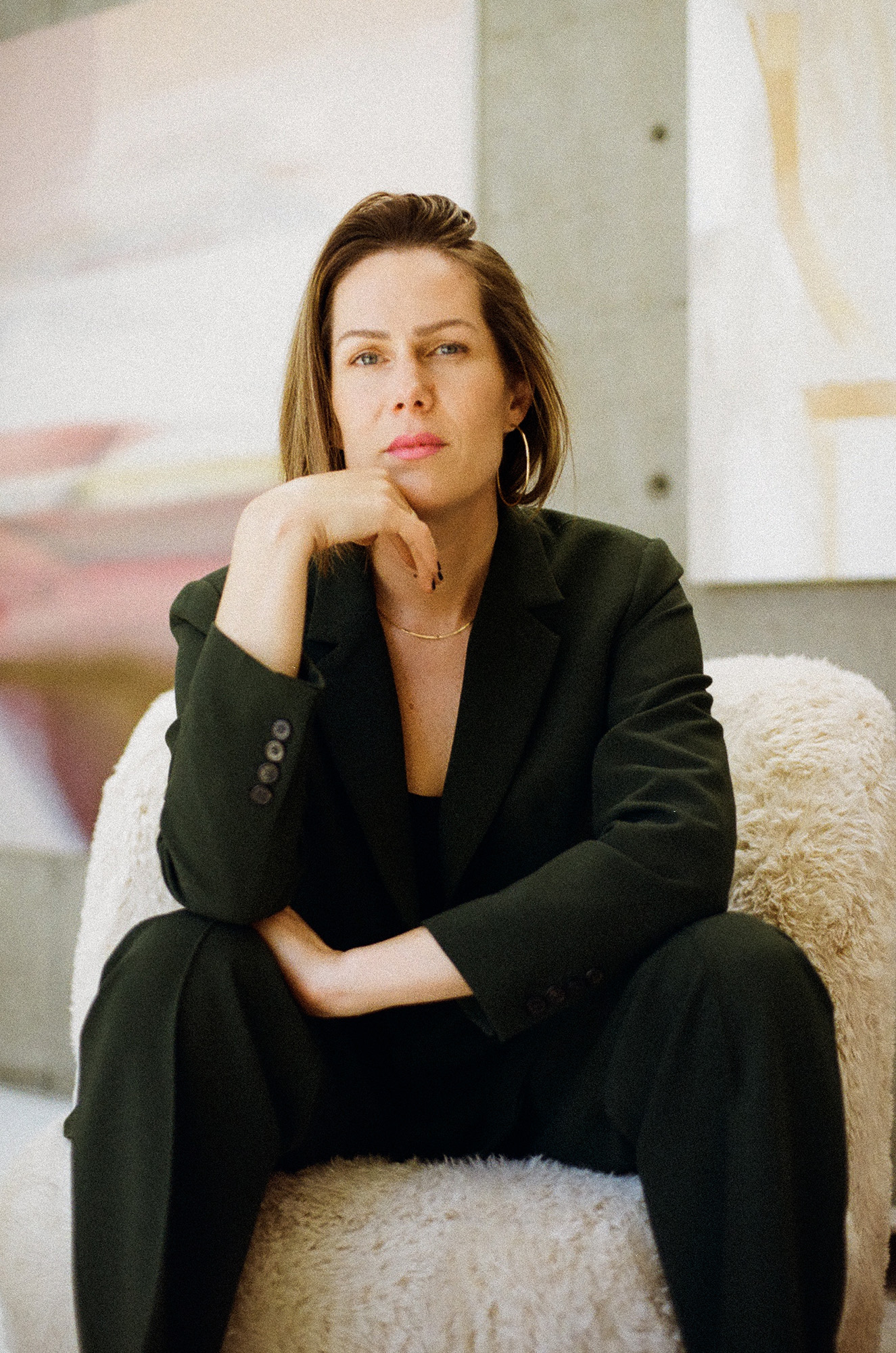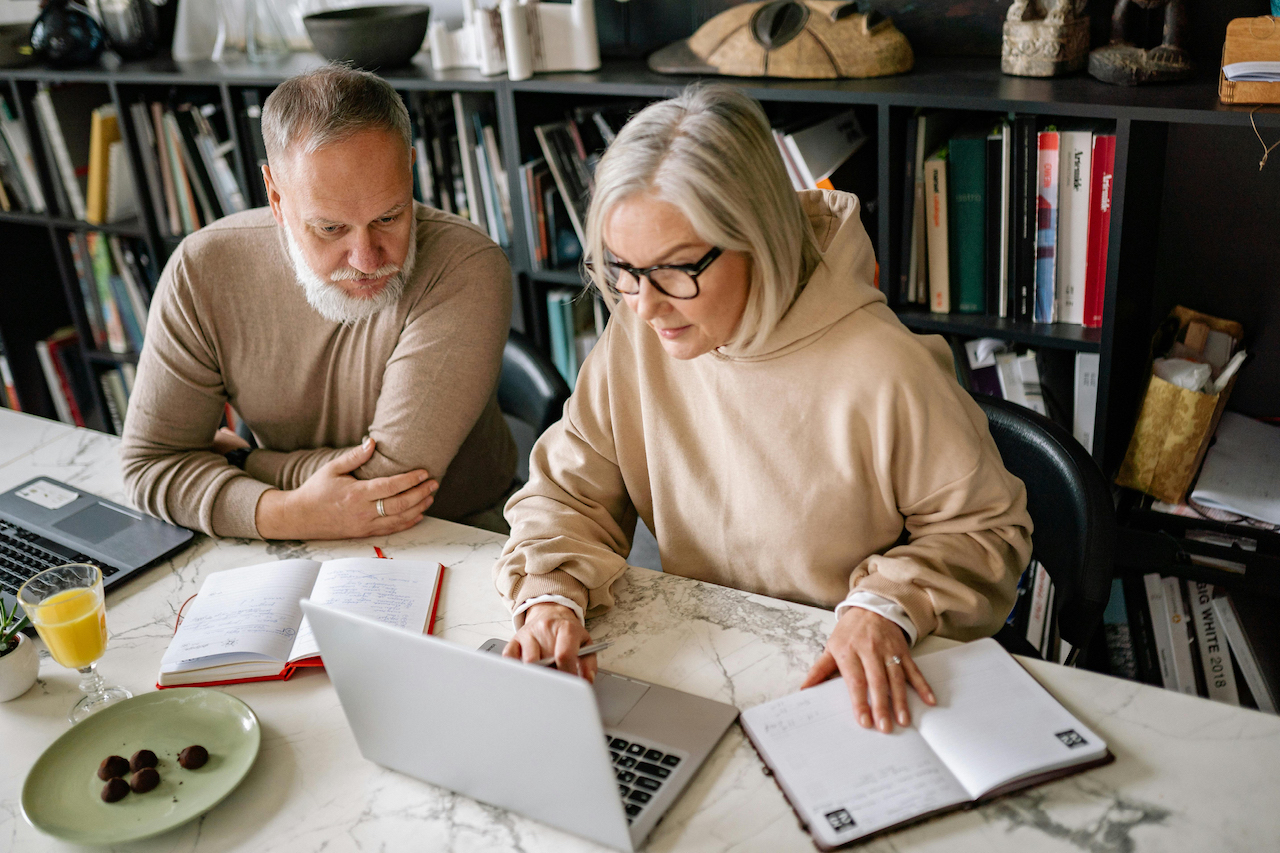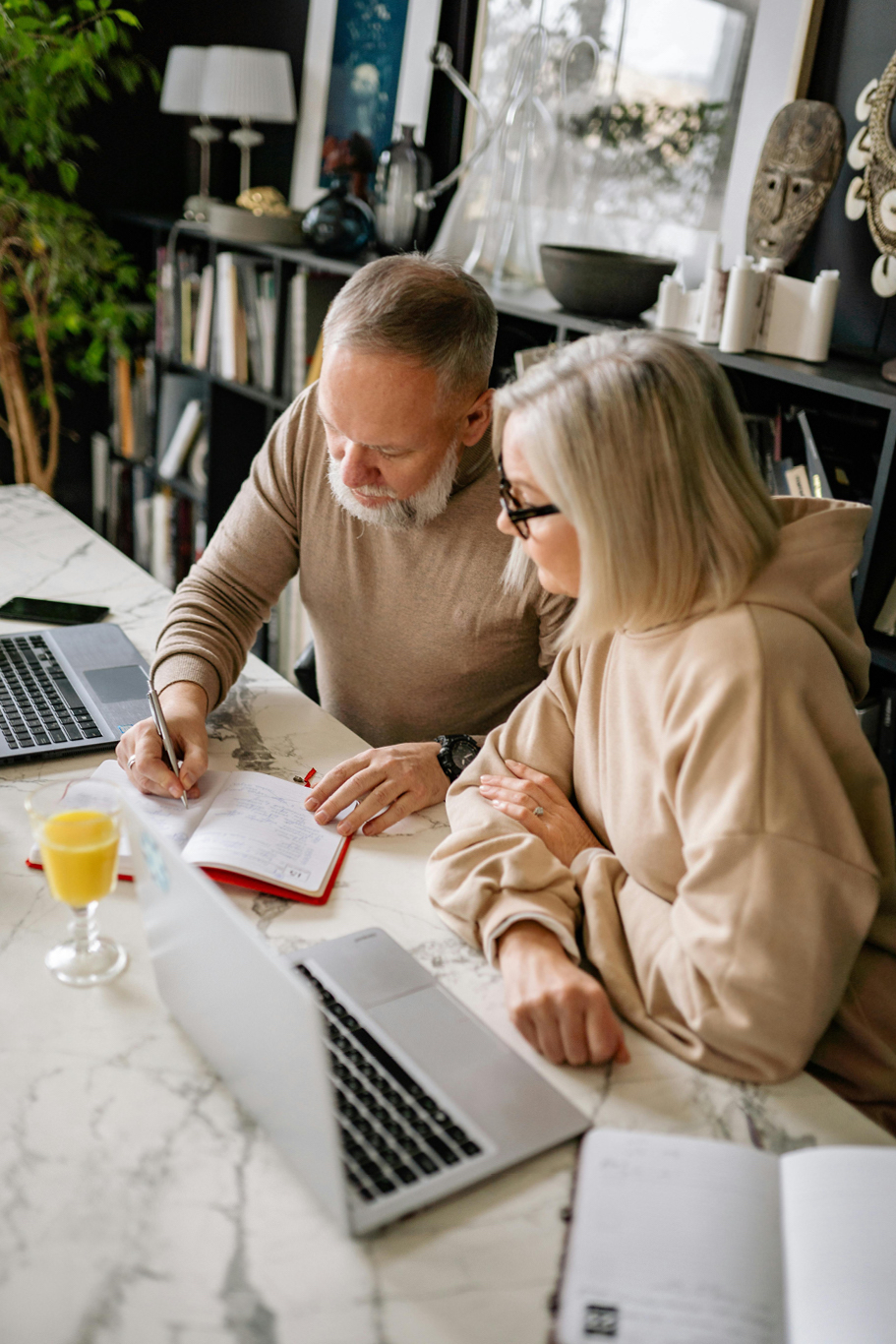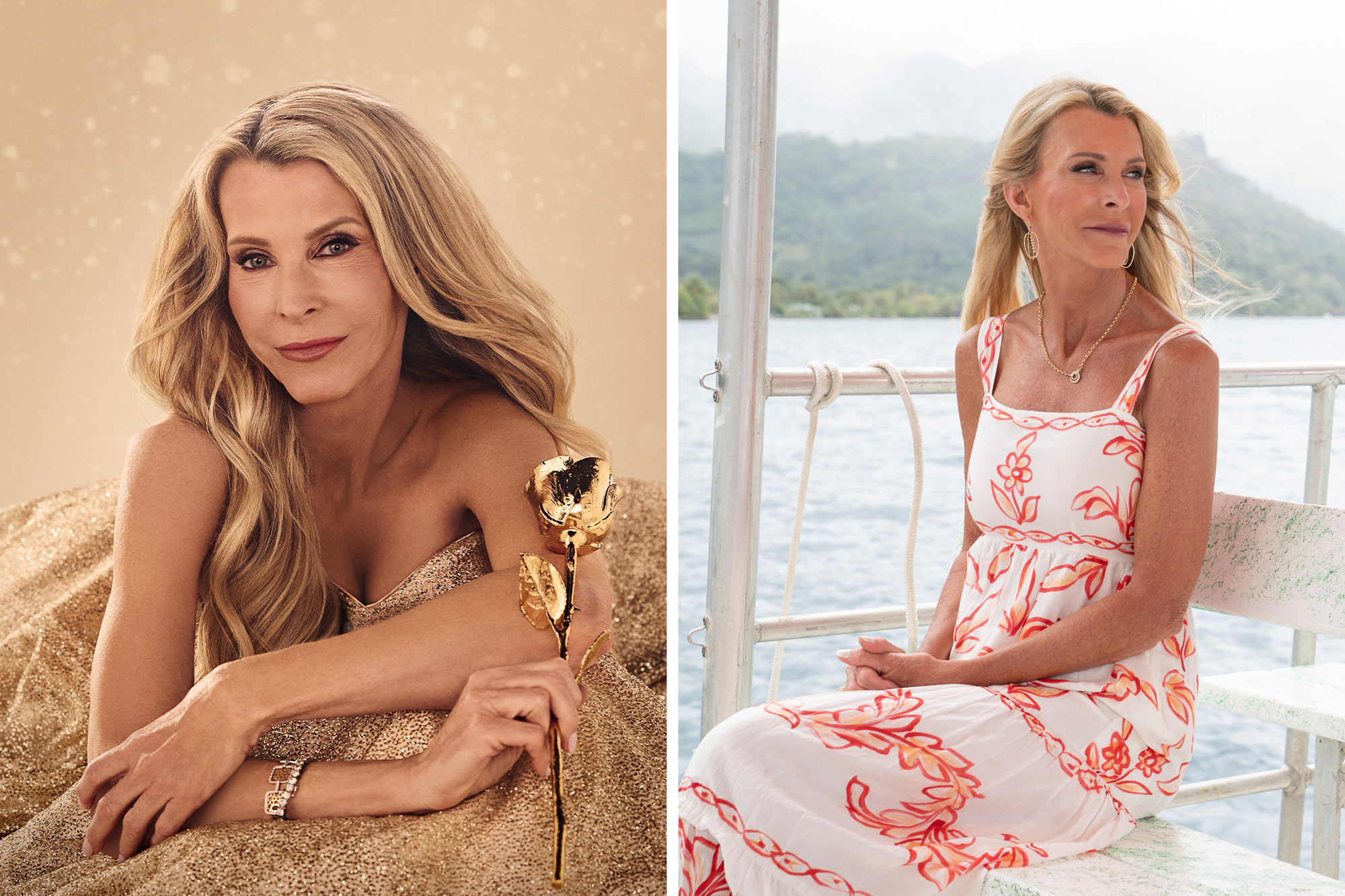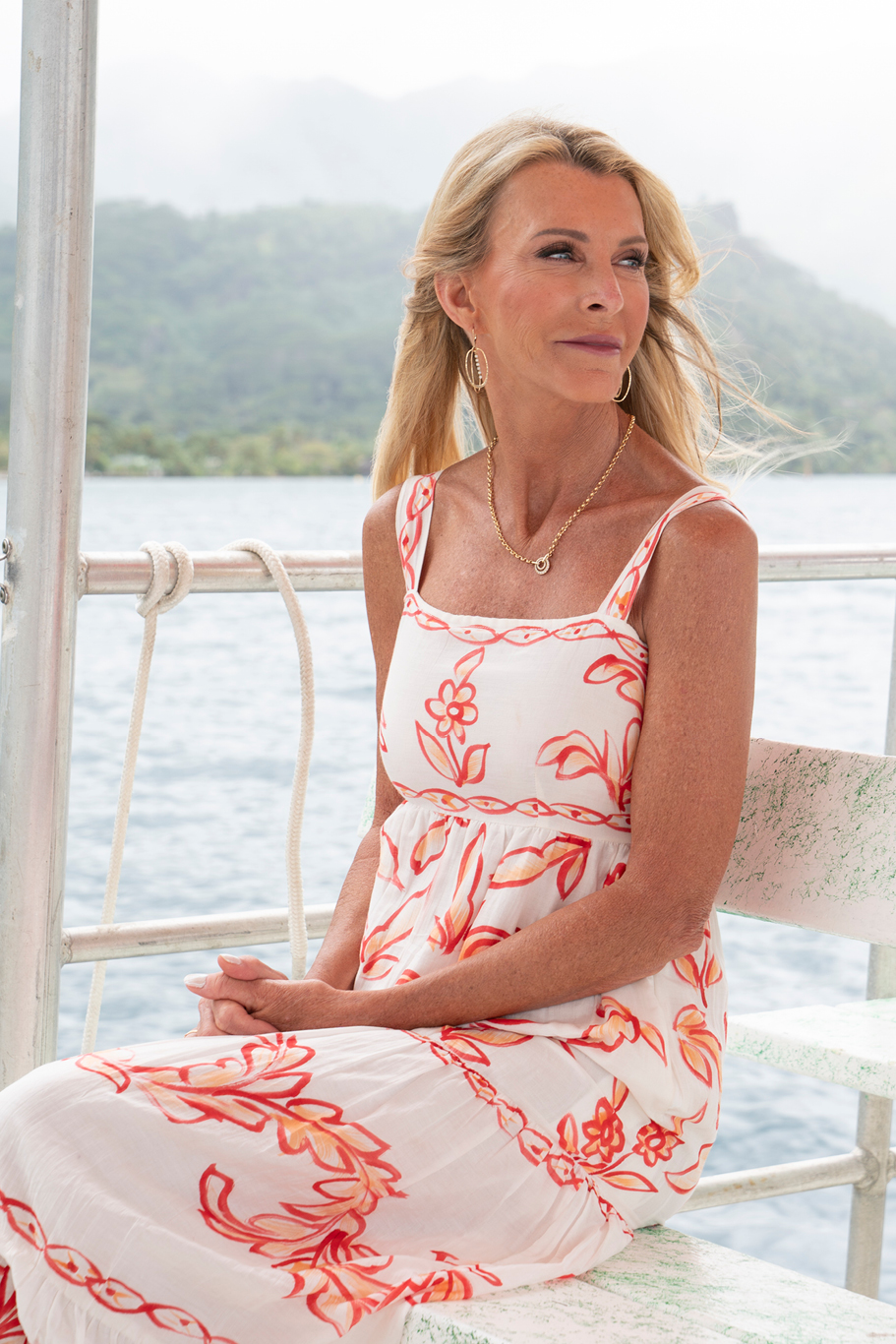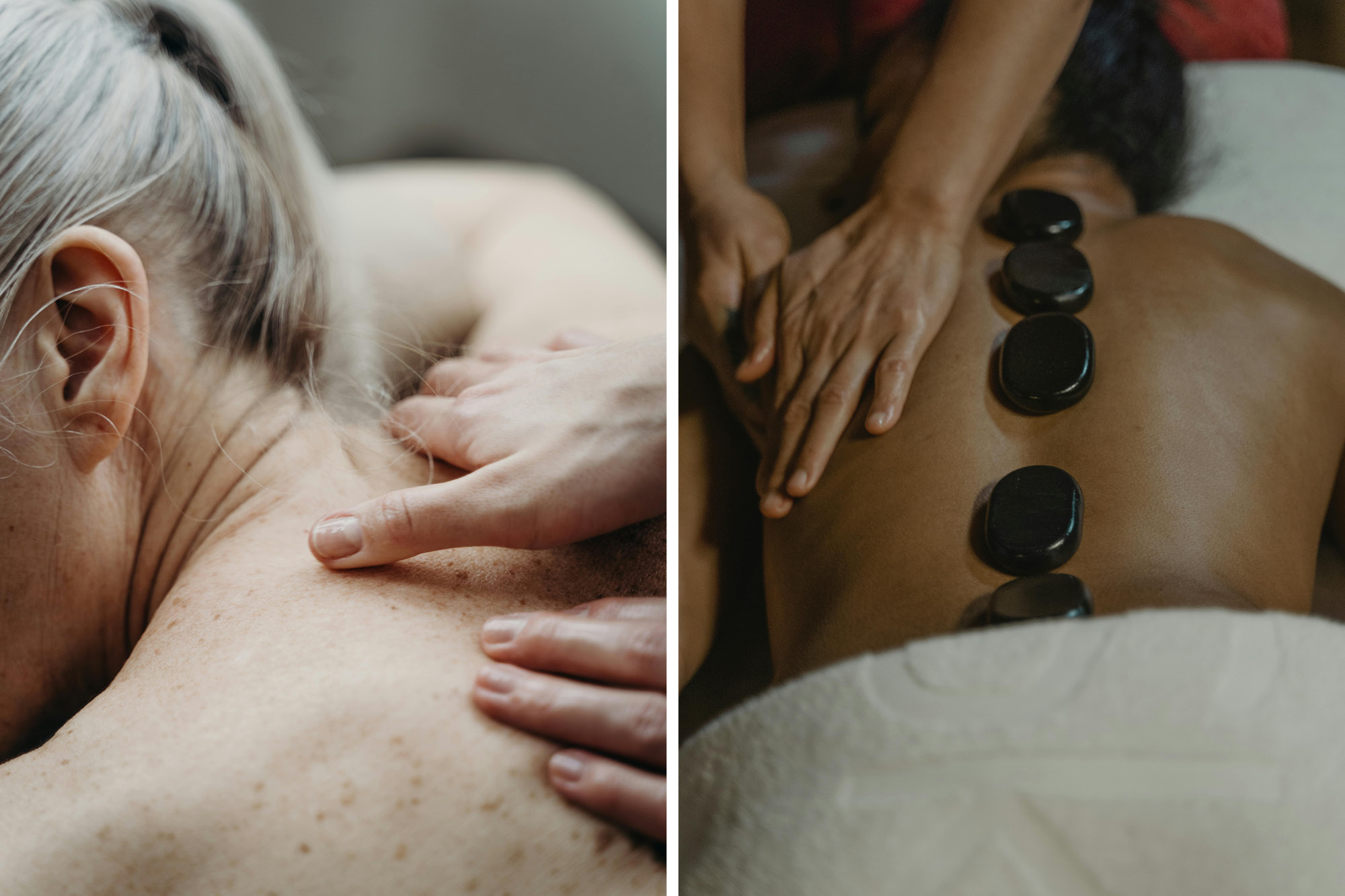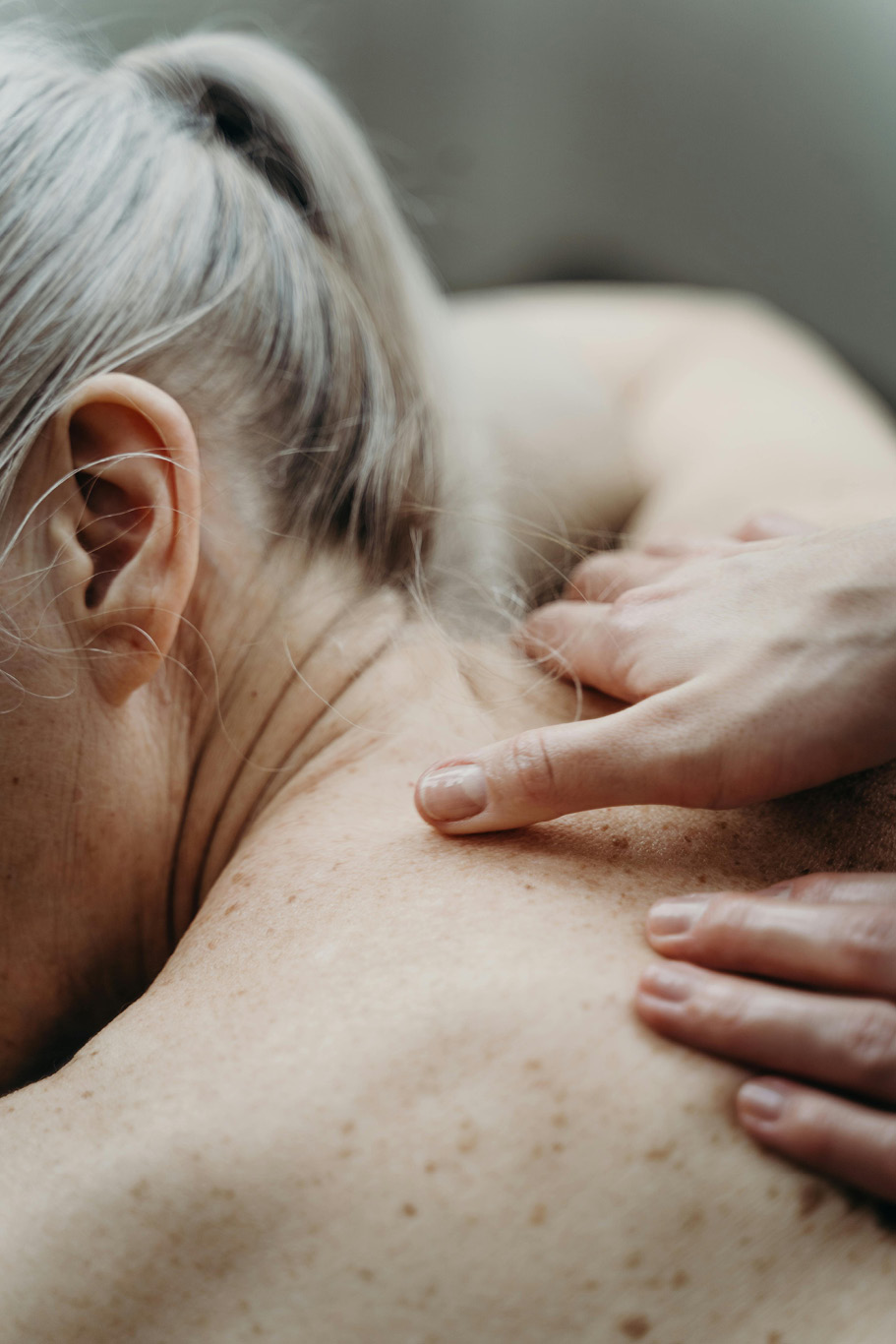Established painter and textile & industrial designer, Zoë Pawlak knows the tension and beauty that comes with a creative life. She also knows about the resilience and inner strength it takes to come up on the other side of sobriety as a mother, business owner, and artist. On a sunny Vancouver afternoon, we sat down with Zoë in her studio to discuss what it means to embrace a clear, creative life.
***
When did you first start calling yourself an artist? It can be hard to claim that word!
I’ve been doing it professionally now for almost 18 years, but it does take a while to step into that identity. And I know people hesitate on it. I notice when I’m coaching people that there’s a transitional time where they’re choosing if they’re going to take that word on as an identity. There’s this over embellished reverence for the artist—putting them on a pedestal. Rick Rubin, for example, is doing a lot of work to debunk the myth that it has to be super formal and super incredible all the time, and that the artist is this really important, precious human being (Get his book The Creative Act: A Way of Being). There’s a wonderful TED Talk by Elizabeth Gilbert called ‘Your Elusive Creative Genius’ where says that creativity moves through all of us.
It can be hard to bridge business and creativity, and can feel like a betrayal of one to lean into the other. Did you ever feel that?
It hasn’t always felt natural. My whole career has been based around marrying the two. In the same breath, I admit that it’s deeply frustrating to do that. Recently, I’ve been introduced to the idea that entrepreneurship itself is highly creative, but also very cerebral in having to do things in a certain way, in a certain order. And there’s a lot of that in this business.
How do you balance the creativity and freedom of your artistry with the entrepreneurial side of running a business?
If I wanted things to flow naturally, it would be a hobby, right? Very few people can make whatever they want and have it naturally monetize. I think a big part of my work is an act of service. Commissions are an act of service. It’s a fluid relationship. It’s just me and the painting in the back—me and my materials—but I am moving and maneuvering myself differently than I would if I were just making work for myself. And those two things have often been at odds. But I always look at the overarching career.
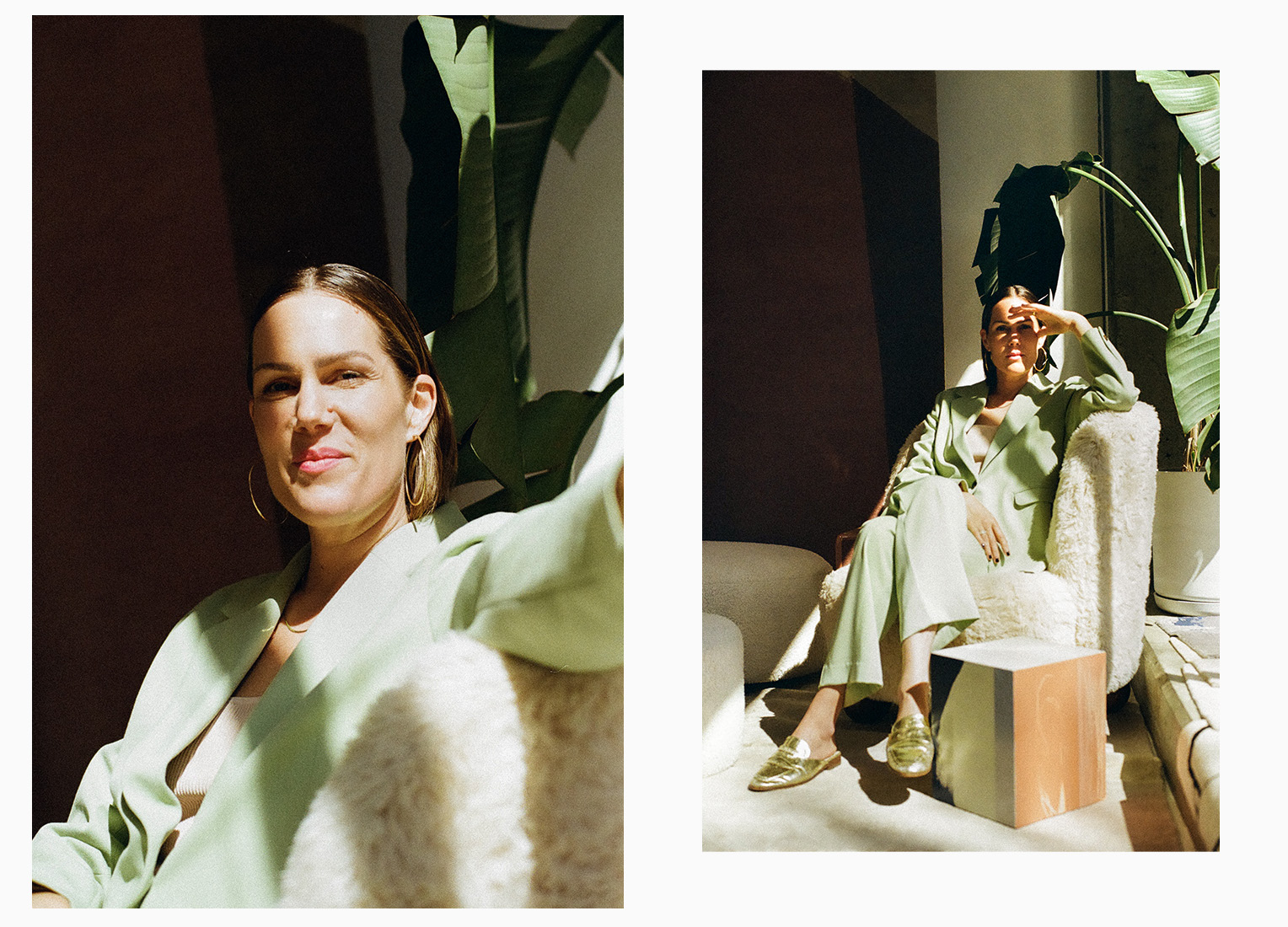
Do you set aside time to work on your own creative projects?
I’ve got an 18-year career with painting and drawing that behaves a certain way. And so I think it’s my responsibility to mix it up. Google something and figure it out, or try something new! I have recently been doing ceramics with my teenagers, and am taking a yoga teacher training and breathwork course. It’s this recent pursuit of other modalities that makes me come alive.
Your journey to sobriety is a big part of your life, your creativity, your business, and I’m sure your family. How did that unfold?
I was around 35 and I started to feel like I was carrying my life uphill―that my life was something to be endured rather than a blessing. My drinking increased when I had children―it’s very common―but like many, it was privately and quietly. I wasn’t drinking all the time. And I mention that because it’s hard for people to identify that they have a problem that’s increasingly getting worse. The way in which I was drinking wasn’t evident to everyone. It was a privately felt, kind of spiritual rock bottom. It was between me, myself, and I, and I knew it was time for me to quit. I would say in the early days, there were little angels that set seeds in me. Eventually, I realized that it was time for me to let it go.
How did that look in the early days?
I spent a lot of time reading. It was a really important time in my life to solidify my clarity. Like, ‘is this really a problem? And if so, how am I going to move forward?’ Then it looks like deciding to quit and then sticking to it one day at a time. I stepped into a recovery program after two years because I just really wanted to dive deeper into what it was. ‘Why had I been in that drinking place?’
What does living clean look like to you?
To me, it’s more like clear living. I’m quite proud of how messy my life is, this hybrid mishmash of all sorts of things. I’ve been a hot mess a lot of the time and I’m proud of the ways in which I can balance many things and juggle different stuff. I guess a better way to say it is that sobriety is living fully alive. Here I am in the mess of life, in the complexity of being here on this planet and in this moment, and in the same breath, I walk in this larger mystery that is this multifaceted, wonderful, wild, mysterious universe. To me, sobriety means no longer numbing, placating, or making bigger than or less than what it is that we’re here to do, which is just to be right here right now.
“To me, it’s more like clear living. I’m quite proud of how messy my life is, this hybrid mishmash of all sorts of things.”
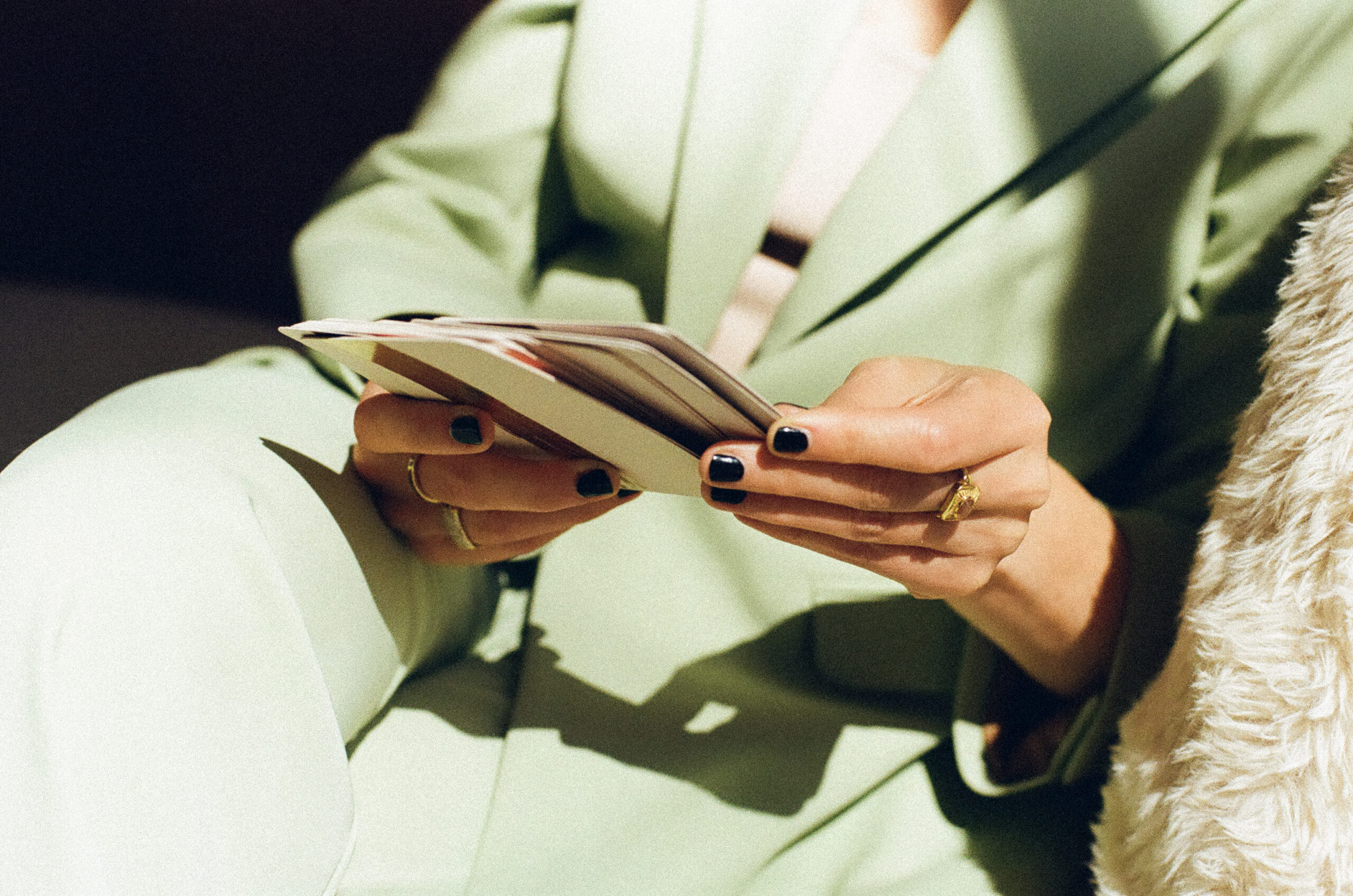
How did your relationship with being an artist and a businesswoman change?
I think I’m just more present. I’m more patient. I’m more aware of what’s happening. I’m calmer. It’s not that it changed my work an insane amount, but that the vessel is clear. So I wouldn’t use the word clean, but I would say clear. You sleep better, you eat better, you just are more present. You’re able to consider ‘What’s actually happening around me?’
You’ve talked about the expansion possible on the other side of addiction. What does that mean for you?
There is a freedom on the other side of addiction that you can’t possibly see. And because you’re so clouded by the substance itself—overeating, alcohol, no matter what it is—there are many ways in which we are ‘not sober’ or can’t see clearly. On the other side of addiction there’s simply more clarity and the result is capacity and gratitude. You can tap into more surrender and forgiveness. And that’s really loosened up a lot of space for me. I walk more freely in the world.
What would your encouragement be to other people who might be just before that precipice and realization of ‘Okay, I’m struggling with an addiction’?
The best thing to do is to reach out to somebody else who’s sober. My door’s always open and I extend the hand of sobriety to everyone who might need it, because there can be so much shame connected to it. That shame arrives only in privacy—shame thrives when it’s kept small and quiet. Tell one sober friend, or one trusted human who’s struggling, and that’s it. Simply hand it over. Take the first step and say, ‘I’m struggling with alcohol and it’s become unmanageable.’
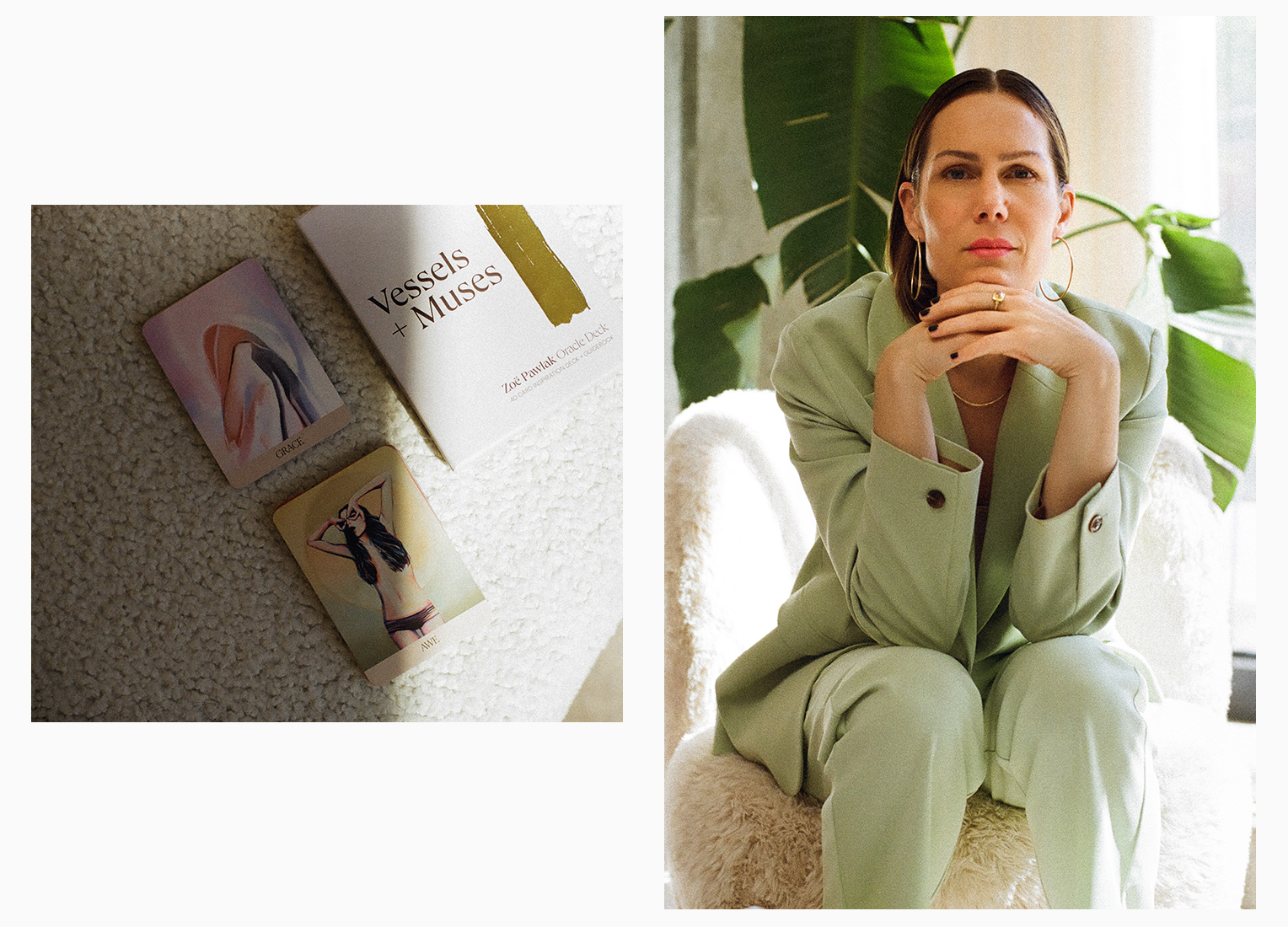
Movement has played a key role in your recovery. Tell me about that.
When I first got sober in Montreal, I played on a basketball team on Saturday afternoons. It was a big part of my early recovery, having a hobby and something that I could come to where I could be humbled. I am not super good at basketball, but I was accepted by this group of women. I couldn’t lean on any of the invented or egoic parts of myself. Nobody knew who I was. They were just like, figure it out. Get your shit together. And so I found myself running up and down that court, giving it my all, and reigniting parts of myself that had been dormant since I had last played serious basketball at the age of 14. There were parts of me that came back alive, and a connection to younger me.
There is a lot of magic that can happen through team sports and community. My mom was the head of Parks and Recreation in our community, and so we grew up really believing that movement belongs to everybody. Everyone has a right to move, and allowing (specifically girls) to move in sport at a young age has always been one of my absolute values.
What is your relationship to movement like now?
I do yoga and I run, I’ll pick up a bat, I’ll do anything. It’s all fun. I was in a boxing class last week, or I’ll go do a Ride spin class because I love Michael Kong. I was obsessed with Keighty [Gallagher] at Tight Club. Big shout out to Keighty! (Try a workout with Keighty on the online wellness studio)
In terms of your relationship with your daughter, you mentioned movement has played a big part in your healing separately, but also together.
My daughter found powerlifting in the height of her depression and it brought her out of it. And I think movement was crucial in getting her moving and healing. That was the impetus of the change that started to shift in her. And from that place, she started to work at a gym, and power lift, and I just saw movement totally heal her.
What are some of your proudest achievements?
Well, my sobriety for sure. Without that, I wouldn’t have everything that I have. I love helping other people who are struggling with alcohol. I love spending time with my staff and creating a nurturing environment where they enjoy coming to work, and an open environment where they’re humans first, and watching them grow. It has been so amazing mentoring them. And I’m proud to be a mom―a sober mom, mostly.
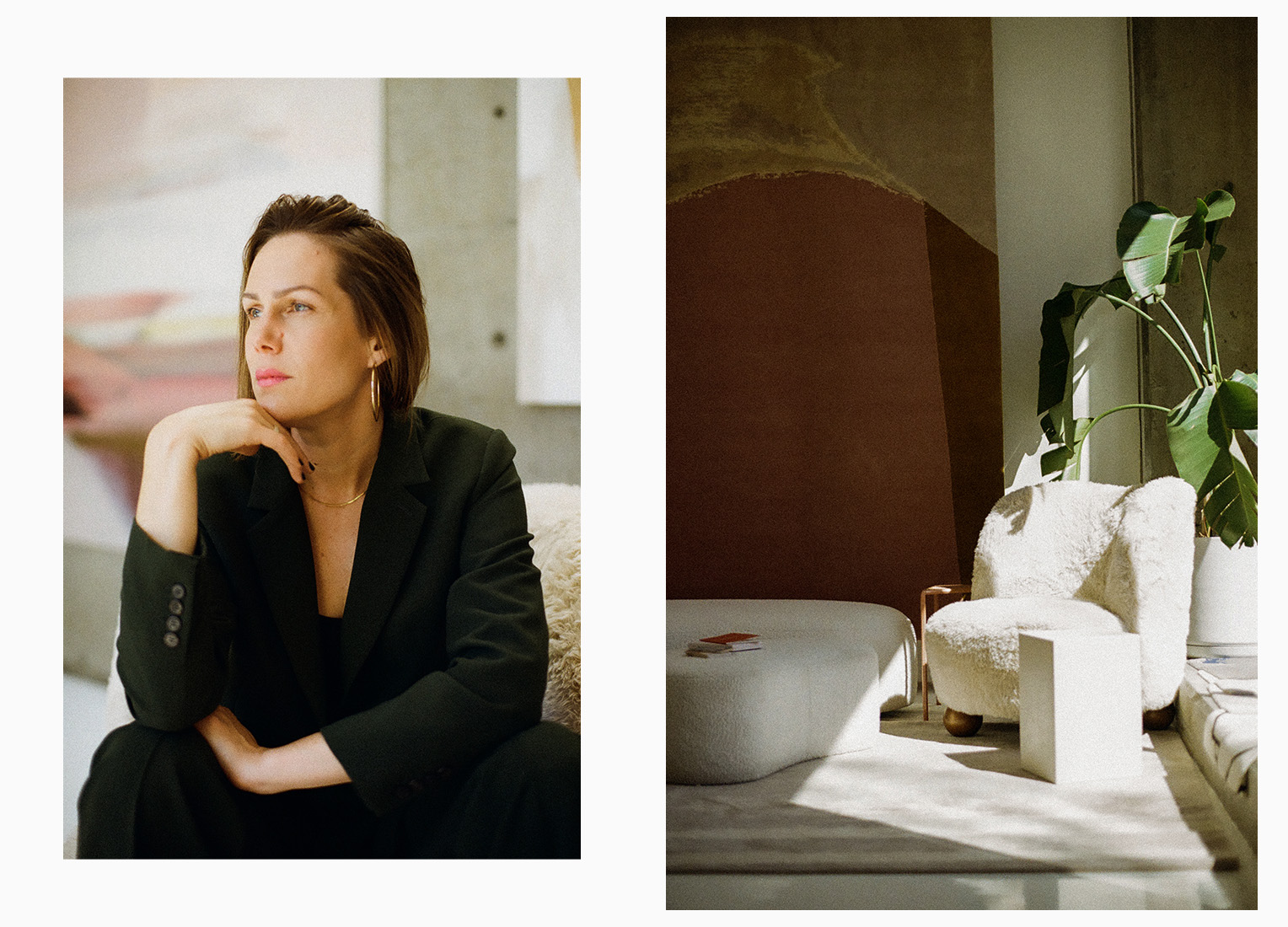
What would be your advice for fellow female entrepreneurs in prioritizing their self-care while balancing many other aspects of life.
I would say to all people to cultivate your spiritual life. There’s an infinite well that you can tap into, whatever pursuit takes you to that place―maybe it’s trail running or deep meditation. We spend a lot of time in this culture looking outside of ourselves to get energy, to grow, and to change, but I think that we have a deep, largely untapped resource within ourselves. It can be incredibly satisfying.
What are practical ways you connect to your inner life?
Journaling has been one of my ways to connect to my higher power, but also in a practical sense, see what I’m thinking or feeling so that I can move forward. It can be very intimidating, and people have trouble maintaining a journaling practice. We’re seeing this increase in people wanting to have contemplative practices but not having enough tools in their toolbox. And journaling is one way in which people can dive in and be assisted in this specific pursuit of quiet time and contemplation.
Is journaling something you do for yourself every day?
Yes, I write every morning, I drink coffee, exercise, meditate.
Sobriety is a lifelong process and not something that you just get over, one-and-done. What are other tools that you use to care for yourself on a day-to-day basis?
The main ways that I stay sober is my relationship to my higher power and that constant connection―being plugged into recovery as a verb, as a way of being. You can be alcohol free and not dive into the recovery of yourself, or the reclamation of your peace, soul, power, and energy. And then helping other people who struggle with alcohol abuse or dependency. Those are a few of the ways I stay connected.
There are other tools in the toolbox like movement. I philosophically believe that movement is the best way to move something literally through you. If you feel stuck, the best way to move is to move. It sounds sort of basic, but I really have witnessed real change through that.
For example, if I’m struggling with anger, I’ll go to a boxing class. I believe it’s my responsibility to have that anger move through me, and I have to find a modality to do so. It can be that simple. If you have a friend who has a yoga class, go with them. If you’re feeling stuck, go for a run. There are lots of ways that are really simple and practical that can start you on a new path. One day at a time.
“We spend a lot of time in this culture looking outside of ourselves to get energy, to grow, and to change, but I think that we have a deep, largely untapped resource within ourselves. It can be incredibly satisfying.”
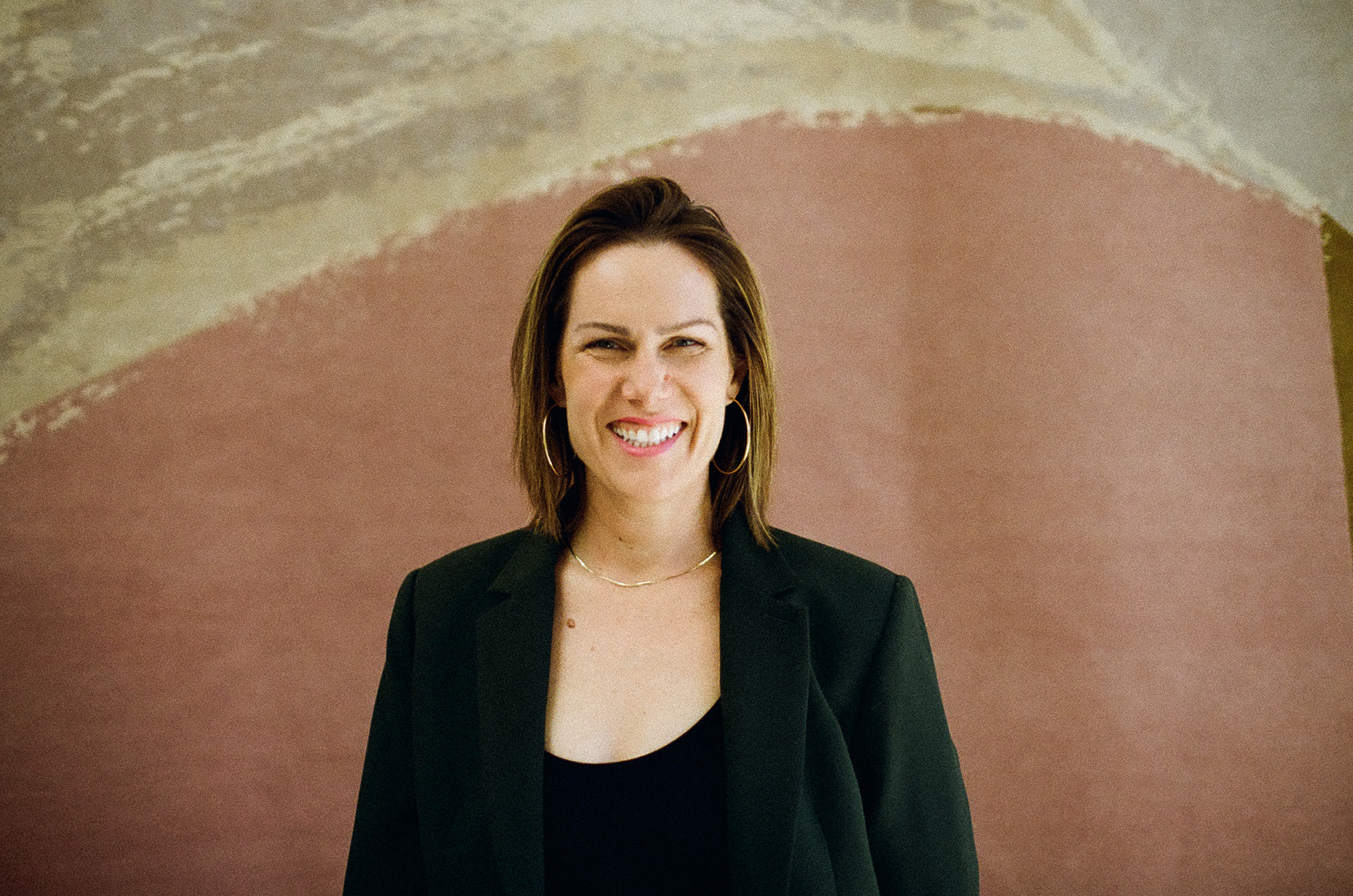
Are you naturally intuitive with your body or is that something that you work on?
I had to come to believe in myself. To rely on myself and be able to trust that what I was feeling was valuable enough to stand up for. I think a lot of people have learned in the last couple of years that they’re more introverted than they previously thought or presented. I present as an extrovert, but I’m quite introverted. How do you honor that? It can mean learning what you can say yes or no to. Little things like that.
How would you encourage someone who doesn’t feel ‘creative’, but wants to explore that side of themselves?
Dive into a hobby, a lot of hobbies. Go do something new. Sign up for a ceramics class or try something new that you’ve always wanted to do. Or find a friend who does it, and sign up with them. I just did my first 10k with my dad, and he’s 71. It was so much fun to be in that race energy with him. Go to a comedy show. It’s like $9, get off your ass. You have to go do something to get out of your head and refresh your neural pathways. I always think ‘What’s fun, and who’s funny?’ I have this go-to list on my phone, because I have to remind myself. Write a list of friends who are funny, and throw a dinner party.
Live well and age better with your weekly 10-minute wellness habit. Join Movement Living to get your free wellness newsletter, delivered every Monday.
Zoë Pawlak is a celebrated artist and industrial designer born and based in Vancouver, Canada.
Rooted in painting, the through-line in her work is her unique capacity to maintain a strong personal aesthetic while maintaining a commitment to telling the truest version of her stories. Zoë is a local entrepreneurial leader, speaker, and passionate about community. She believes that great work tells the individual narrative with an honest vulnerability that allows the viewer to step into a shared narrative they can then claim as their collective truth. Zoë’s work has been featured in Architectural Digest, Interior Design, and Martha Stewart Living. You can find her work on her website and Instagram.
“I had to come to believe in myself. To rely on myself and be able to trust that what I was feeling was valuable enough to stand up for.”

